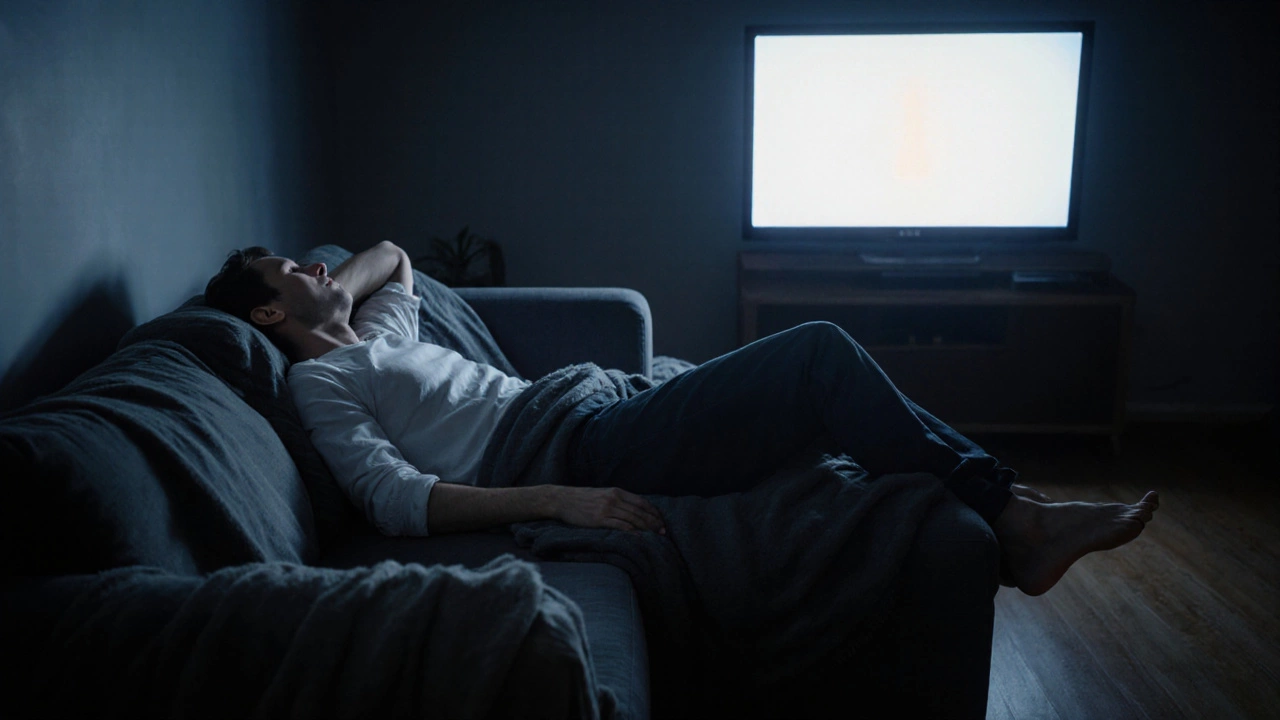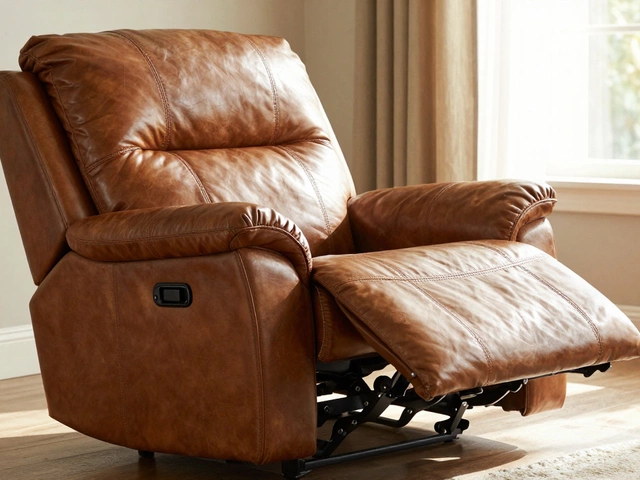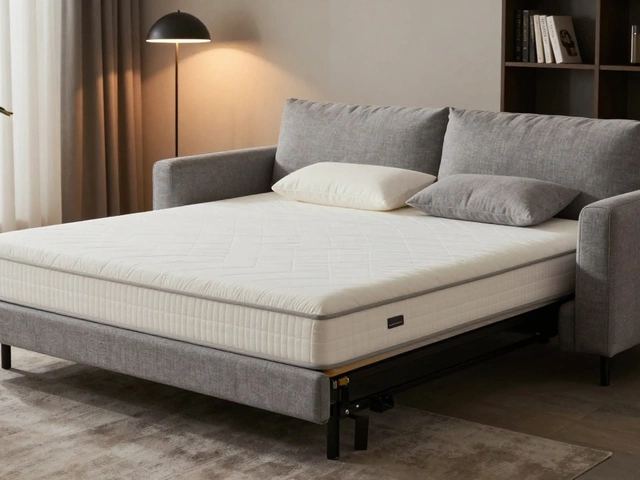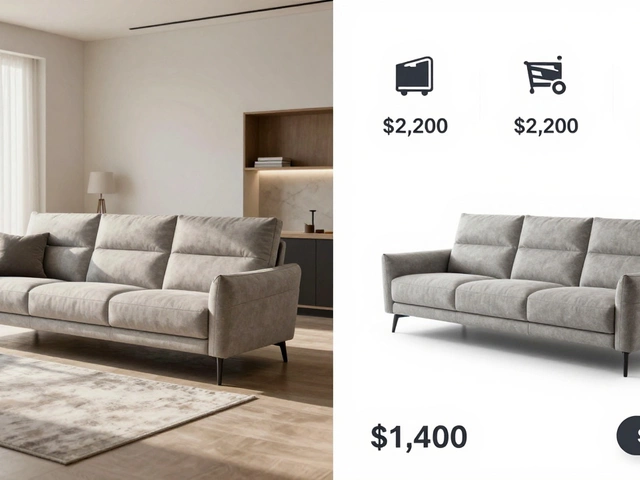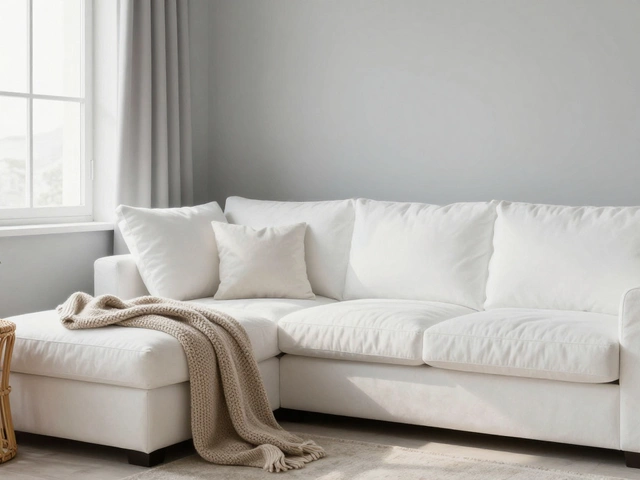Corner Sofa Health: How Your Seating Affects Back Pain, Posture, and Sleep
When you sink into a corner sofa, a large, L-shaped seating unit designed for living rooms and open spaces. Also known as a L-shaped sofa, it’s meant to be the heart of your home—but if it’s poorly designed, it can quietly damage your spine. Many people spend hours on corner sofas every day: watching TV, scrolling, napping. But comfort doesn’t mean health. A sofa that looks cozy might be pulling your lower back out of alignment, tightening your hips, or forcing your neck into a strained angle—all without you realizing it.
The real issue isn’t the shape of the sofa, but how it supports your body. A healthy posture, the natural alignment of your spine while sitting or standing needs support at three key points: your lower back, your thighs, and your head. Most corner sofas fail at one or all of these. Too soft, and your pelvis tilts backward, flattening your lumbar curve. Too deep, and your knees rise higher than your hips, pinching your discs. Too low, and you’re forced to lean forward, craning your neck. Over time, this leads to chronic back pain, persistent discomfort in the lower or upper spine caused by poor posture or muscle imbalance, stiff shoulders, and even trouble sleeping.
It’s not just about sitting. Many people use corner sofas as makeshift beds. If you’re sleeping on one regularly, you’re likely missing out on proper spinal support. A recliner sleep health, the impact of sleeping in a reclined position on spinal alignment and muscle recovery debate isn’t new—but most corner sofas aren’t designed for sleep. They lack the firm, even surface your spine needs. That’s why people who nap on them wake up stiff, achy, or with numb limbs. It’s not laziness—it’s physics.
So what makes a corner sofa actually good for your body? Look for firm cushions that don’t sink past your knees, a slight recline that keeps your head aligned with your spine, and built-in lumbar support you can adjust. Armrests should let your shoulders relax, not force them up. And if you use it to sleep? Add a supportive mattress topper or consider a dedicated recliner for nighttime.
You don’t need to buy the most expensive sofa to protect your health. But you do need to know what to look for. Below, you’ll find real-world advice from people who’ve dealt with back pain, sleep issues, and bad seating choices. We’ll show you what works, what doesn’t, and how to spot a sofa that’s helping you—not hurting you.
Why You Shouldn't Sleep on the Sofa: The Hidden Costs of Couch Sleeping
Sleeping on the sofa might feel cozy, but it's harming your spine, sleep quality, and long-term health. Learn why corner sofas are especially bad and what to do instead.
